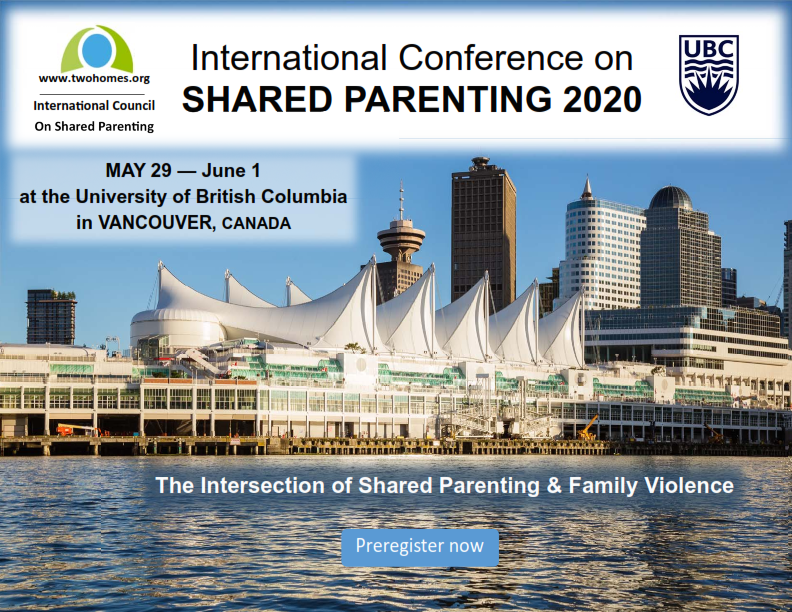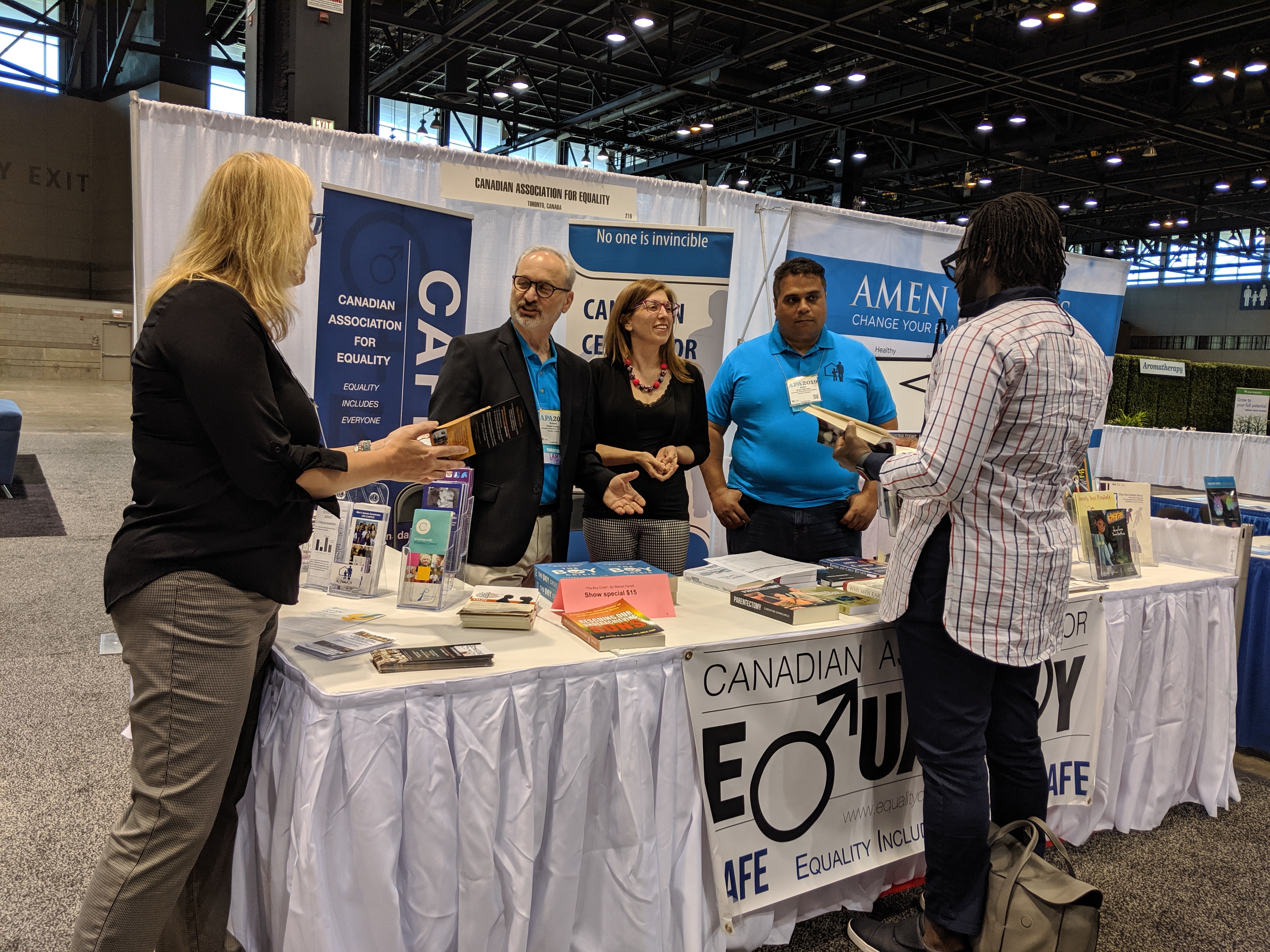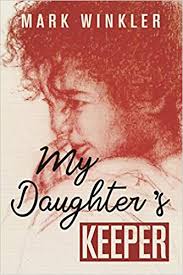 August 27, 2019 by Robert Franklin, JD, Member, National Board of Directors
August 27, 2019 by Robert Franklin, JD, Member, National Board of Directors
Last time I wrote about how schools often thwart fathers’ relationships with their kids. As researcher Dr. Jessica Troilo found in her latest study, school officials often assume that Mom is not only the primary parent, but the only one needing to be kept up to date on little Andy or Jenny’s academic progress/problems. It turns out that it’s not just family courts that keep kids apart from their dads; other institutions do too.
British evolutionary anthropologist and author of the book The Life of Dad, Dr. Anna Machin of Cambridge University, agrees. But Machin was writing about the medical profession, not schools.
Machin’s work includes interviewing fathers. They report being reduced to second-class citizens throughout their partners’ pregnancies. Here’s how Machin describes their experiences:
[T]heir experience is that [fathers’] dedication is often unrecognized, even actively belittled. In a world where the role of mum is paramount, even sanctified, the lack of focus and support available to fathers and the enduring stereotype of the inept dad leave many of the dads I study with the overall impression that, while paying lip service to their needs, our society would very much prefer it if they would kindly get back in their box.
Much of that, says Machin, is the fault of the “medicalization of pregnancy and childbirth.” To me, approaching those as a medical phenomenon has much to recommend it. After all, there’s much of a medical nature that can go wrong during pregnancy, birth and afterward. We’d be fools to pretend otherwise. Still, if bringing a baby into the world is viewed exclusively as a medical issue, then, by definition, fathers aren’t part of the process. They’re not pregnant and they won’t give birth, so why pay attention to them?
Actually, as many people have pointed out, fathers are extremely important, even if we consider pregnancy and childbirth to be an exclusively medical thing. Machin refers to a 2010 report by the Royal College of Midwives:
It referred to the increasing scientific evidence for the impact of father involvement on the health of the mother and child and on his child’s development.
The report went on to encourage the medical profession, including midwives to “engage with fathers as important figures in maternity care.” It said midwives “should be working with fathers to encourage their involvement and support.” But Machin adds, “unfortunately, words have not been followed by action.”
That includes the efforts of the National Institute for Health and Care Excellence (NICE) that consults on and develops guidelines for the health care provided by Britain’s National Health Service. Machin again:
There is now a growing body of evidence that the healthcare outcomes for mum and baby are significantly improved if dads are included in discussions and decisions taken as labour proceeds. But nowhere in NICE’s 88-page document are the terms ‘dad,’ ‘father’ or ‘partner’ referenced… But the sole aim of medicalized childbirth is to increase the chances of survival for mum and baby. When a major factor that positively impacts this chance – having an involved and informed father – is excluded, that should be of concern.
Well, that’s putting it mildly.
The above quotations come from the final chapter of Machin’s book. The previous 260 pages are devoted to the many ways in which involved fathers improve their own lives, those of their children and their children’s mothers. Indeed, without that involvement, the many biochemical changes that make possible father-child attachments may not take place. With weak or non-existent attachments between fathers and children, the many benefits of fathers to children become attenuated or may be lost altogether. Is Daddy a remote and chilly figure? Maybe it’s because he’s been told by countless people “in authority” that he’s neither wanted nor needed. Maybe it’s because he’s been denied the opportunity to form those biochemical attachments without which parents either don’t parent or do so indifferently.
MenCare’s 2015 report, ‘The State of the World’s Fathers’ was the first of its kind to carry out a global assessment of the status of fathers – the extent to which they are included, supported and advocated for. It found that there were still considerable barriers to dads being involved. Some of these were economic, particularly in porter countries, but the larges hurdle was in our minds. The hurdle is social and cultural…
Fathers collide with those barriers in doctors’ offices and hospitals. They also find them in schools.















 August 15, 2019 by Robert Franklin, Esq.
August 15, 2019 by Robert Franklin, Esq.